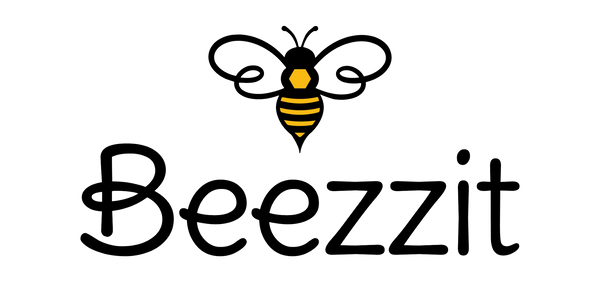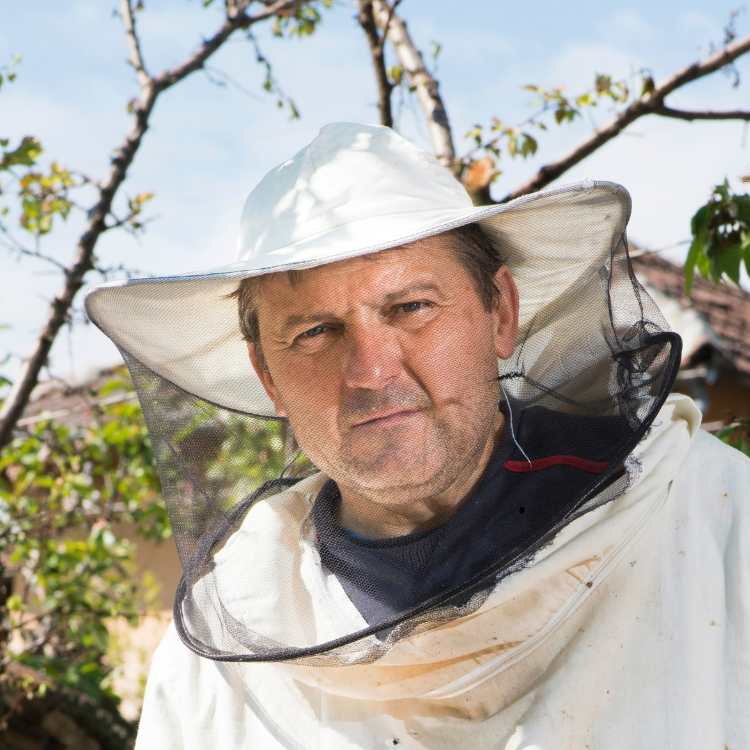For people starting out with beekeeping, all the technical words can sometimes feel too much. From special terms used in tasting honey to phrases about managing a colony, knowing these often-used expressions is very important for doing well in apiculture. Let's learn some key terms related to beekeeping and also those that are part of professional honey tasting sessions.
Hive-Related Terms
- Apiary - Place where beehives are stored. It's the starting point for most honey tasting activities because the environment greatly impacts honey features.
- Super - More boxes are set on top of the brood chamber, meant for storing honey. This is where bees store the honey, which will later be utilized in tasting assessments of honey.
- Frames - The hive boxes contain structures that can be taken out, and that's where bees build their comb. Depending on the quality of these frames, it will influence honey production and also how good the produced honey tastes.
Colony Components
- Brood - Eggs, young ones, and those in diverse growth stages. Realizing these patterns of offspring helps individuals who keep bees forecast the coming honey production for sampling sessions of honey.
- Queen - The only female in the colony who can reproduce; she lays eggs. The honey's traits, which you notice when tasting it, are affected by her genes.
- Worker Bees - Infertile females performing various tasks, including nectar collection, which directly impacts honey tasting qualities.
Honey Tasting and Production Terms
- Nectar Flow - The time when flowers that produce nectar are flowering, it's important for knowing seasonal changes in the taste profiles of honey.
- Crystallization - Natural process where honey becomes solid, an important consideration during honey tasting evaluation.
- Robbing - When honey is taken by bees from different colonies, it can alter the taste of the honey if not avoided.
- Varietal Honey - Honey primarily from one floral source, offering distinct characteristics during honey tasting analysis.

Adding honey to a glass for honey tasting
Bee Behavior Terms
- Waggle Dance - Bees use a system of communication to show where food is. This greatly influences the production and taste results of honey.
- Propolis - Plant resin collected by bees for hive maintenance, which can influence honey tasting profiles.
Beekeeping Equipment
- Smoker - Apparatus utilized for soothing bees at the time of hive examination. Correct employment guarantees it doesn't influence honey flavor characteristics.
- Extractor - Equipment used to remove honey from combs while maintaining quality for honey tasting.

Main equipment and tools for beekeeping
Essential Processes
- Colony Inspection - Regular examination of hive conditions, crucial for maintaining honey quality for honey tasting.
Disease Prevention Terms
- Nosema - Microsporidian parasite affecting adult bees, potentially impacting honey production and quality.
- Varroa Mites - Common parasitic mites that can weaken colonies and affect honey production.
- American Foulbrood (AFB) -Serious bacterial disease requiring immediate action to prevent spread.
Seasonal Management Terms
- Overwintering - Preparing colonies for winter survival to ensure spring honey production.
- Spring Build-up - Colony growth period after winter, crucial for early honey production.
- Swarm Prevention - Methods to prevent colony division that could reduce honey yields.
Quality Control Terms
- Moisture Content - Percentage of water in honey, affecting preservation and taste.
- Clarity - Visual assessment of honey's transparency and purity.
- Color Grade - Standard measurement of honey color from water white to dark amber.
Advanced Beekeeping Concepts
- Queen Rearing - Specialized breeding of queen bees for improved colony characteristics.
- Integrated Pest Management (IPM) - Comprehensive approach to controlling pests and diseases.
- Split - Intentional division of a colony to prevent swarming or increase hive numbers.
Understanding These Terms in Practice
For new beekeepers, familiarizing yourself with these terms is essential:
Communication
- Effectively discussing issues with other beekeepers
- Understanding beekeeping literature and resources
- Participating in beekeeping communities
Management
- Making informed decisions about colony care
- Implementing proper techniques
- Preventing and addressing problems
Quality Control
- Maintaining high standards in honey production
- Evaluating colony health
- Ensuring product consistency
Professional Development
- Participating in workshops and seminars
- Obtaining certifications
- Advancing beekeeping skills

Beekeeper preparing a hive
Conclusion
Learning the language of beekeeping is very important if you want to be a good beekeeper. These words may feel difficult at first, but with constant use and practice, they will become familiar. Do not forget that all expert beekeepers were once starters too; knowing these terms helps in becoming skilled in this gratifying activity.
Keep on growing your understanding by joining groups about beekeeping in your area, going to training events, and connecting with those who have a lot of experience in keeping bees. As you get more used to these words, you will discover that you are better prepared to look after your collection of bees, make good honey, and add value to the community of people who keep bees.
If you are a beginner or want to update your information, having this terminology guide close by will assist you in exploring the interesting field of beekeeping with more assurance and comprehension.





